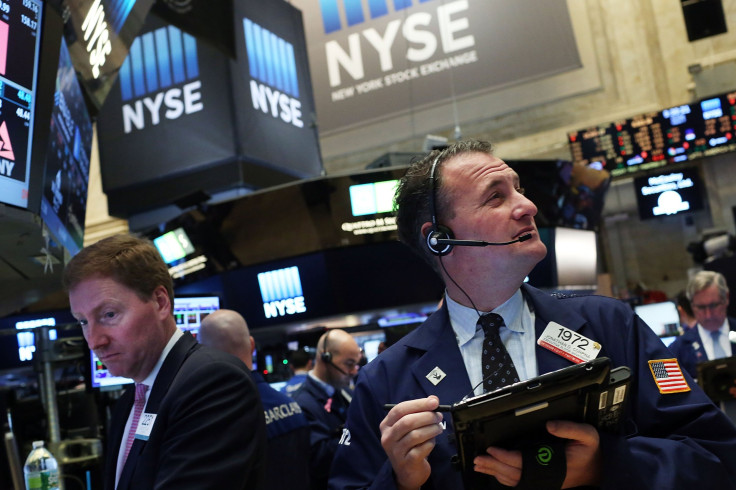Broad Base Can Support Extension Of S&P 500 Rally

The seven-week U.S. stock market rally still has some room to run and could punch through the record high set by the S&P 500 last May, based on a number of indicators that are pointing the way higher.
Among the good signs, the run-up has come with strong volume and is supported by almost every company in the index. Furthermore, worries have eased about some threats to the bulls' case for stocks, such as an aggressive U.S. monetary policy and spreading weakness from China and other developing markets.
The missing piece remains corporate profits, which will have to come in better than the dire results projected for the first quarter of 2016.
Breadth
It is good news for bulls that the current rally is broad-based, with only a dozen companies continuing to fall since the index bottomed in February.
The most recent rally of this strength started in late August and stumbled in November, when it became apparent that only a handful of well-known companies - Microsoft (MSFT.O), Alphabet (GOOGL.O), Apple (AAPL.O), Exxon (XOM.N) and Amazon.com (AMZN.O) - were propelling much of the action. During that rally, 80 of the index components continued to fall.
The average S&P stock is up 15.3 percent since Feb. 11, when the rout that started 2016 ended. Over the same period the S&P, which is market-cap-weighted — meaning the bigger companies have the biggest impact on returns — is up 12.8 percent.
"To see the average stock outpacing the market is a healthy sign," said Jack Ablin, chief investment officer at BMO Private Bank in Chicago, who noted that rallies usually end with fewer companies participating.
New Highs, Strong Volume
By the market close on Thursday, more than 700 New York Stock Exchange stocks had hit a 52-week high this week, on track for the highest reading in at least a year.
Furthermore, NYSE stocks that have moved higher have had greater volume behind them, with the 50-day average volume on rising stocks hitting its highest since October 2011, which still ranks as the best month for the S&P since 1991.
Pricey but Not Crazy
Company shares are priced high relative to their earnings, but they still have room to get more expensive, based on past rallies.
The S&P sells at 16.6 times its expected earnings over the next 12 months. That is slightly above average, but not quite as pricey as it was last February, when it hit 17.4.
Earnings-based valuations could come down if first-quarter results come in better than particularly gloomy analysts expect. Now, the forecast is for first-quarter S&P 500 reports to show a 7-percent decline in earnings from a year ago, according to Thomson Reuters I/B/E/S data.
Earnings typically beat the gloomy expectations, so the decline in analysts' forecasts that makes the P/E expensive is also a lower hurdle to clear.
Technical Indicators Say Buy
For the first time in 15 months, a technical measure of momentum is flashing a "buy" signal at traders. The so-called weekly moving average convergence-divergence (MACD) of the S&P is pointing to positive inertia that could smooth the way for the market to push higher.
"The U.S. markets are closer to the end of what amounts to a 2-year correction cycle, rather than the beginning of a secular bear market," Dan Wantrobski, chief technical strategist at New Albion Partners in New York, said in a note to investors this week.
He said he expects volatility to remain high in the next few weeks as the market finds a catalyst "before moving significantly higher."
The current rally has come with the support of healthier U.S. data, a stabilization in the Chinese market, and a near 50 percent increase in oil prices. Importantly, the Federal Reserve has walked back from an expectation of four interest rate hikes this year to two. These catalysts also need to remain in place for the rally to continue.
© Copyright Thomson Reuters 2024. All rights reserved.





















